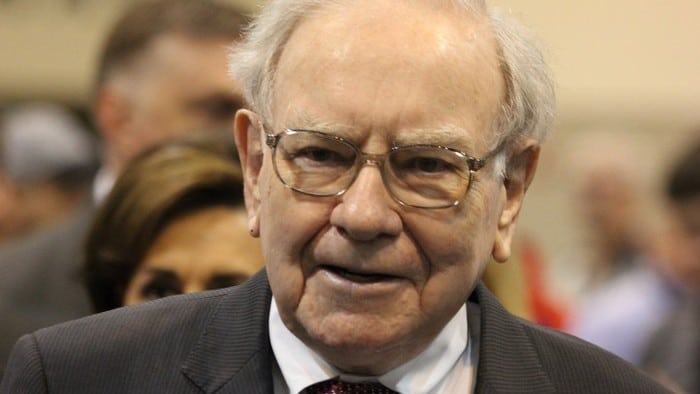For much of 2021 so far, there has been raging debates over the future emergence and potential impact of inflation. With unprecedented governmental intervention and stimulus across all major economies of the world last year in response to the pandemic, attention has now shifted to the aftermath of these policies. And fair enough too. Every economics out there would probably agree that "uncharted territory' is the aptest description of the current state of the global economy. After all, as we covered a few months ago, more than one in every five US dollars in existence today was created in 2020. That sort of occurrence is truly hard to wrap your head around. And it does accentuate the question of future inflation even further.
So what does the great Warren Buffett think of all this? At 90 years of age, he is someone that has unquestionably 'been around the block'. As such, many investors like to turn to him in times of uncertainty and worry for some sage advice.
Buffett on inflation
Well, Buffett's company Berkshire Hathaway Inc. (NYSE: BRK.A)(NYSE: BRK.B) held its much-anticipated annual meeting last weekend. And Buffett himself did answer a question on inflation. Here's some of what he said in response:
We're seeing very substantial inflation. It's very interesting. We're raising prices. People are raising prices to us, and it's being accepted. Take home building…. The costs are just up, up, up. Steel costs, just every day they're going up.. So it's an economy really, it's red hot. And we weren't expecting it.
Buffett is fairly unequivocal here, he certainly does see inflation. Interestingly, he points out that it appears to be a function of a 'red hot' economy, as opposed to a stagflation event (inflation with no growth).
So case closed, right? We should all start preparing for high inflation? Well, if you look at Buffett's comments in addition to what Berkshire's vice-chair (and Buffett's eventual successor) Greb Abel had to say, the waters get muddied a bit. Here's some of what Mr Abel said of inflation:
When we look at steel prices, timber prices, any petroleum input, fundamentally there's pressure on those raw materials… There's a scarcity of product right now of certain raw materials. It's impacting price and the ability to deliver the end product….And it may be some of that's contributed or arisen from the storm we previously discussed in Texas. When you take down that many petrochemical plants in one state that the rest of the country is very dependent upon it, we're seeing it flow through
But is money printing at fault?
So reading between the lines here, the two gentlemen are talking about inflation primarily in the commodities space. Of course, commodities form a foundation for the rest of the economy. But perhaps it's not all of the 'printed money' that's causing this commodity inflation. Perhaps it's just commodity supply chain whiplash that has come from the massive disruptive shock of the pandemic. Remember, many resources companies had to adapt to commodity prices like oil dropping off a cliff in a very short space of time. That is bound to cause some issues when economic demand resumes at a rapid pace. And we still haven't seen too much evidence from the US Federal Reserve (or the Reserve Bank of Australia) that inflation is rising rapidly.
That would make sense alongside the effects of the Texas storm that Mr Able mentioned. Perhaps these supply chain kinks get ironed out over the next year or two, and the commodity pricing boom gets tempered with the natural operation of supply and demand. Maybe we go back to growth with no inflation.
Perhaps. Either way, we are still all in uncharted territory.









